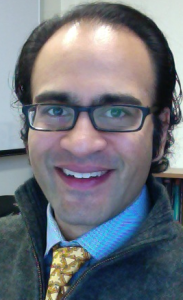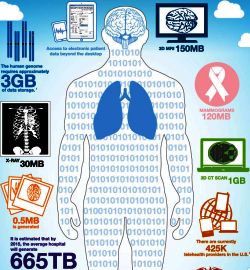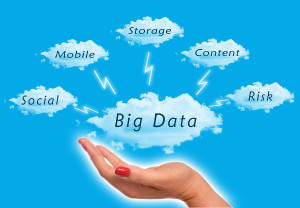When talking with Dr. Chirag Patel it is easy to see how far computer technology has come. What he and many others are trying to do is pierce a veil of isolation. Patel’s panel, Your Life in Big Data: Drugs and the Environment, will cover that attempt.
Despite our propensity for pattern recognition, it is hard for humans to see all the connections in the world that might affect our health. With a well written program we might get closer to seeing the whole board than we otherwise would have done on our own.
“What we try to do is apply computational methods, software tools to understand large data sets that arise in the health care system,” Patel said. “One thing that can happen is like now you go to your doctor and they examine you and make a diagnosis. Perhaps you get better, perhaps you don’t. Another thing that is becoming available is genome sequencing. All the bits and bytes for data that make up your DNA is being digitized. What my research interest is how we can make sense of this information to predict disease, and disease risks. Also how we might cure disease.”
One of the areas Patel is trying to bring forward is the use, not just of genetic predisposition to disease, but the effect the environment and our behavior has on health risks as well. Taking what we know about genetic predisposition and applying those algorithms and methods to the outside world could help us understand external predisposition to various health risks.
“We do have some evidence, some factors of genes, and how we differ do in fact influence disease,” Patel said. “On the other side of the coin, not only do genes influence disease risk there is also environmental factors. This is everything else that’s not inherited diet, pollution, exercise, the drugs we use, bacteria and viruses. How do these thing increase or decrease our health risks? Also how might these external factors interact with genetic factors?”
There is so much potential here for good, to gain an understanding of the entire playing field of health would revolutionize how we understand disease.
We must grant that no system, however complete, we may attempt to make will fully understand the whole picture. Therefore, perfect health prescience will still elude us. There is one other problem, the issue of privacy. How will this new world effect our anonymity, our health care bill, how society looks at us and our longevity risks we take?
“Individuals need to be a part of this research equation and understand what their data is being used for,” Patel said. “There needs to be two way communication between the researchers and the participants in the research. This must also extended our communication to the public as a whole and to third parties. Finally, place sensible limits on how this data can be used. We don’t want someone’s health insurance to go up just because of an environmental or genetic predisposition.”



